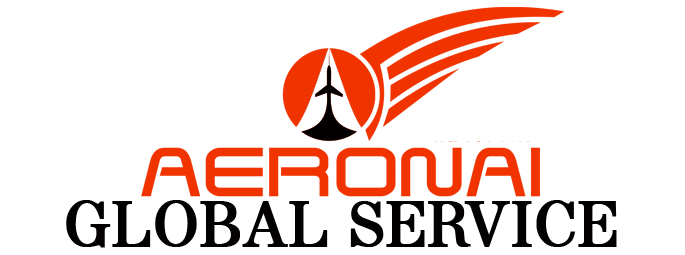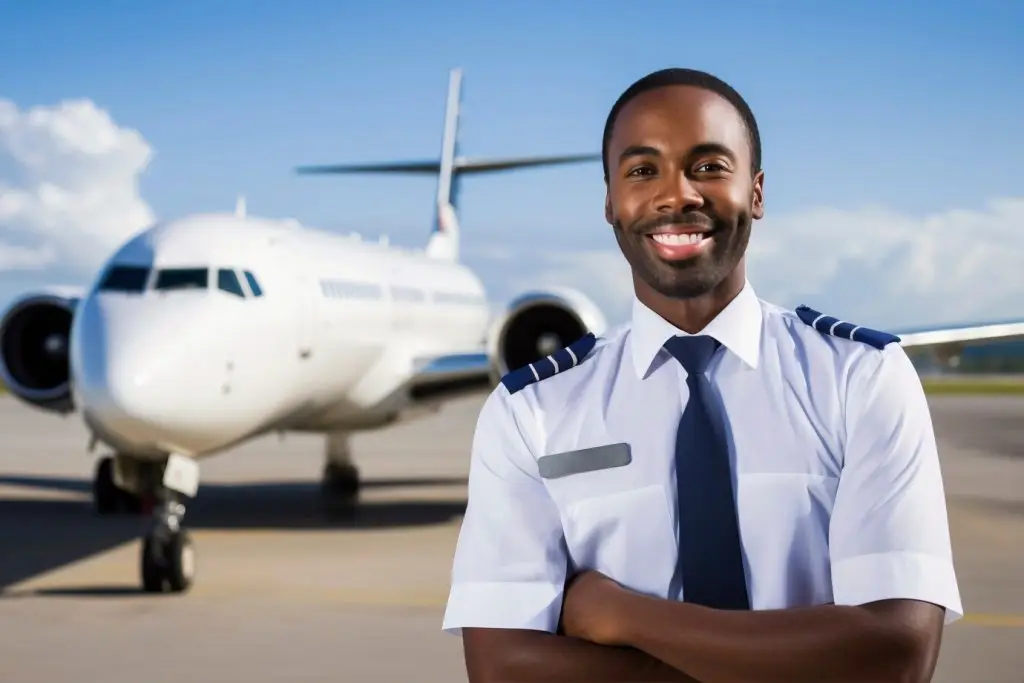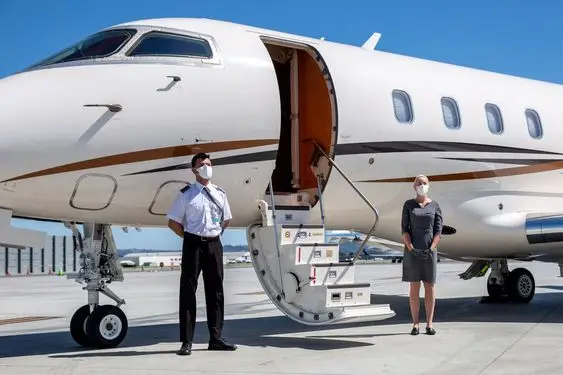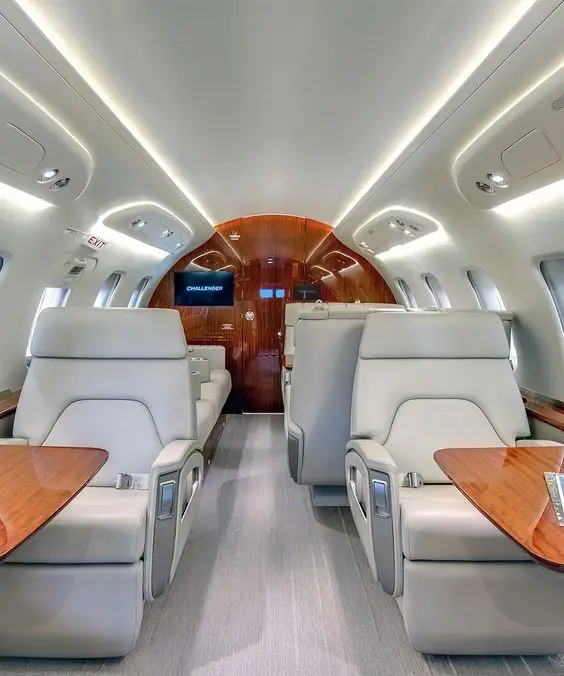F.A.Q
Frequently Asked Questions
Charter Services
1. What types of aircraft are available for charter? We offer a diverse fleet, including light jets, midsize jets, heavy jets, and turboprops. Specific aircraft availability can vary based on location and schedule.
2. How do I book a charter flight? You can book a charter flight by contacting our reservations team via phone, email, or through our online booking system. We’ll need details such as your departure and arrival locations, travel dates, and any special requirements.
3. What are the benefits of using charter services over commercial airlines? Charter services provide flexibility in scheduling, access to a wider range of airports, privacy, and personalized service. You can avoid the hassles of commercial airport security and long waits.
4. Are there any additional fees or costs associated with chartering a flight? Additional costs may include fuel surcharges, landing fees, and catering. We provide a detailed quote prior to booking so you can understand the full cost.
Aircraft Sales
5. How do I start the process of purchasing an aircraft? The process begins with a consultation to understand your needs and preferences. From there, we’ll provide options, arrange viewings, and assist with the purchase agreement and financing.
6. What factors should I consider when buying an aircraft? Key factors include the type and size of the aircraft, its operating costs, maintenance history, and your specific usage needs. We provide comprehensive advice to help you make an informed decision.
7. Can you help with financing and insurance for aircraft purchases? Yes, we offer assistance with financing and can recommend trusted insurance providers to ensure you have comprehensive coverage for your aircraft.
8. How is the value of an aircraft determined? Aircraft valuation is based on factors such as the aircraft’s make and model, age, condition, market demand, and recent sales of similar aircraft. We provide detailed appraisals to help you understand its market value.
9. What are the advantages of leasing an aircraft? Leasing offers lower upfront costs compared to purchasing, flexibility in upgrading to newer models, and potential tax benefits. It’s ideal for businesses or individuals needing aircraft access without the long-term commitment.
10. How does aircraft leasing work? Leasing involves entering into an agreement where you make regular payments to use the aircraft for a specified term. At the end of the lease, you may have the option to purchase the aircraft or return it.
11. Are there different types of leasing options available? Yes, common types include operating leases and finance leases. Each type has different terms, conditions, and financial implications. We can help you determine the best option based on your needs.
12. What are the key benefits of business aviation? Business aviation provides flexibility, time savings, and access to more airports. It allows you to tailor travel schedules to your needs and enhances productivity by enabling travel to multiple destinations in a single day.
13. How does business aviation improve operational efficiency? Business aviation reduces travel time, minimizes delays, and provides direct access to business destinations, allowing for more efficient scheduling and better use of time.
14. What regulatory considerations are there for business aviation? Regulations vary by country and include aircraft certification, pilot qualifications, and operational compliance. We assist with navigating these regulations to ensure all aspects of your operation are in compliance.
Training
15. What types of training do you offer for pilots? We offer a range of training programs, including initial flight training, type ratings, recurrent training, and specialized courses. Our programs are designed to meet international standards and ensure pilots are well-prepared.
16. How can I enroll in a pilot training program? You can enroll by contacting our training department for information on available courses, schedules, and prerequisites. We’ll guide you through the enrollment process and provide details on the training program.
17. Are your training programs accredited? Yes, our training programs are accredited by relevant aviation authorities and meet international standards for pilot certification and proficiency.
18. What should I consider when choosing a flight training program? Consider the program’s accreditation, the experience and qualifications of instructors, training facilities, and the support provided throughout your training journey. We offer detailed information to help you make an informed choice.




